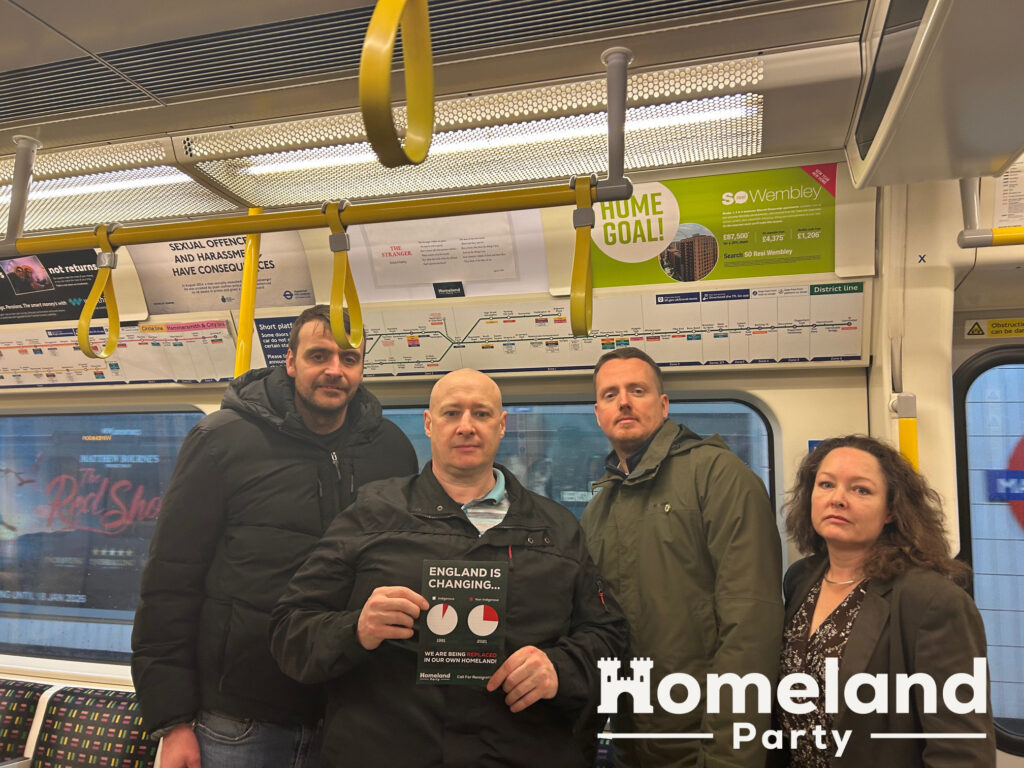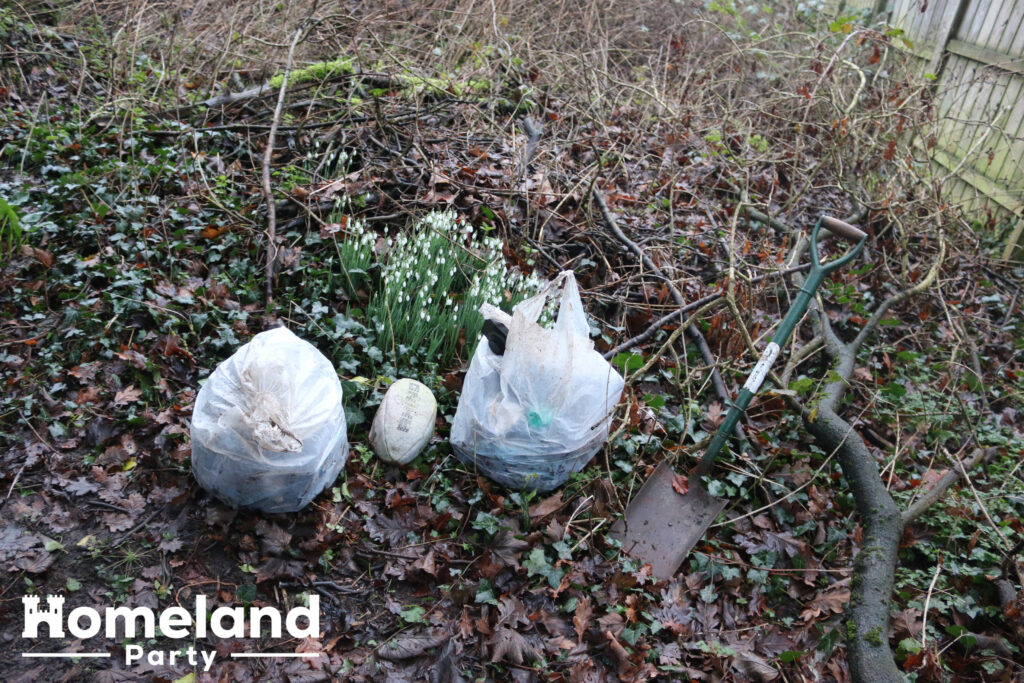Good news, everyone: the number of first-cousin marriages in Bradford’s Pakistani community has fallen off a cliff in the last decade, with immigration levels being suggested as a possible reason.
52 yr-old teacher Juwayriya Ahmed married her cousin in 1988 and spoke of the awkward moment her kids asked her how she met their dad (First cousin once removed)
“I was laughing at them. I said I didn’t meet him. My parents took me to Pakistan, and my dad said you’re going to marry this person. And I knew who he was, but the first time I met him properly was at the wedding,” she says.
“My kids said that was disgusting. And then they told me, ‘Don’t you dare make us do anything like this.’
The original research carried out a decade ago demonstrated that cousin marriage roughly doubled the risk of various birth abnormalities, Dr John Wright, chief investigator of the Born in Bradford research project, said
“In just under a decade, we’ve had a significant shift from cousin marriage being, in a sense, a majority activity to now being just about a minority activity,”
“Ten years ago, my mum was adamant we would all have cousin marriages, but now she doesn’t focus on that. I think families realised they couldn’t control it. They knew that being in Britain and being exposed to so many different viewpoints, it is going to change.” One youngster from Bradford was quoted
However, one young mother, Bradford-born Ayesha, laments the decline in cousin marriage after marrying her own eight years ago. ‘I don’t think my children will marry cousins. They will lose that connection with Pakistan, and I feel sad about that,” she says.
Two of Ayesha’s younger sisters, in their 20s, have rejected the idea of cousin marriage. One, Salina, recently married a man of her own choice, with her parents’ consent.
“I’m outgoing and want to work and do things with my life. Someone from Pakistan wouldn’t accept this at all,” she says. “They would never let me live like this. We wouldn’t agree on how to raise kids and how to teach them values.”
The other sister, Malika, plans to choose her husband one day.
“Before, even if you had an education, you wouldn’t be expected to carry on with it; you would have been thinking of marriage,” she says. “Now that’s changed, and the mindset is so different.”
She then points out how young people today have more opportunities to meet a diverse range of potential suitors, with social media being a huge help in this area.
Oh dear, it does seem that the Muslims that call the UK home have a bit of a problem. Not only do they now have to watch their language in case they offend other even more minority, minority groups, but their youth seem to have had their heads turned by the opportunity Western liberal values allow them.
It looks ominous for the growing minority group as they have been left with a stark choice: they can jump in the Zionist basket or the pink-haired far-left Zhe/Zer basket, which I am sure we can agree neither would be appetising to them.
It seems advisable for those wanting to uphold their traditions to look back to their Homeland.


